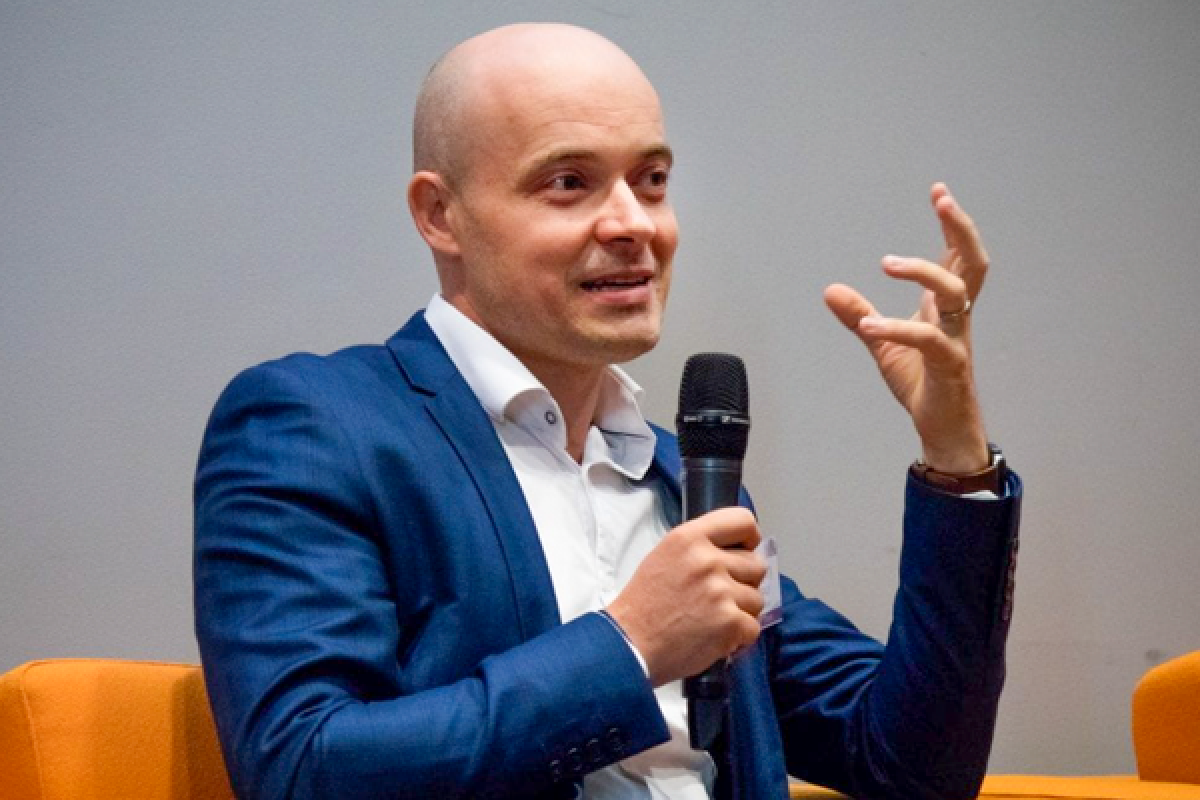Greg O’Grady is a colorectal surgeon. One of the main operations he performs is bowel re-section in colorectal cancers.
“We hope to affect transformative change for our patients and have a population impact through our research,” Greg comments.
His research is motivated by the problems he sees for his patients and wanting to resolve those problems. “We get a very real understanding of what our patients are experiencing and want to help improve their quality of life.”
So he is focused on trialing a medical device that solves problems for stoma patients who have had bowel surgery. He has a surgical engineering lab at the University of Auckland where engineers work alongside clinicians to develop new equipment. It’s an area that he says is a bit neglected.
This project relates to people who have gone through major bowel surgery and have a stoma. The stoma temporary diverts the content of the gut away from the bowel while the surgical join heals. The temporary ileostomy (stoma) output goes into a bag. But it comes with many side effects, says Greg. “Patients may get dehydrated after discharge or during chemotherapy and end up back in hospital on an IV fluid drip.”
It can also lead to long term bowel failure as the bowel misses out on receiving nutrition for the up to nine months while the stoma is present.
So Greg’s team have invented a medical pump that goes into the stoma bag. This magnetic pump pushes the content from the gut back into the bowel.
“It’s relatively easy to use. Patients just hold a magnetic control over the top of the stoma to get the pump to work,” he says.
.

The Cancer Society are funding a pilot trial of the pump to iron out any flaws in the device.
“Patients have been very supportive. High needs clients with quiet severe gut problems, have shown very good results already.”
“One of the key things we are looking at is if patients who go onto the reinfusion device recover sooner after their reversal surgery (when the stoma is closed).”
Recovery from surgery is expected to be twice as fast and the quality of life of people with a stoma is expected to improve due to better long-term bowel function.
Funding from the Cancer Society research grant programme is for one year (until around March 2020). It covers a stoma therapist nurse who goes out to patient’s homes to set up the device, train the patients on how to use it, troubleshoot and monitor the pump functioning.
A full randomized trial will take place after this pilot period ends.
When not in surgery or in his lab Greg is kept busy by his two young boys who have many sporting activities.


